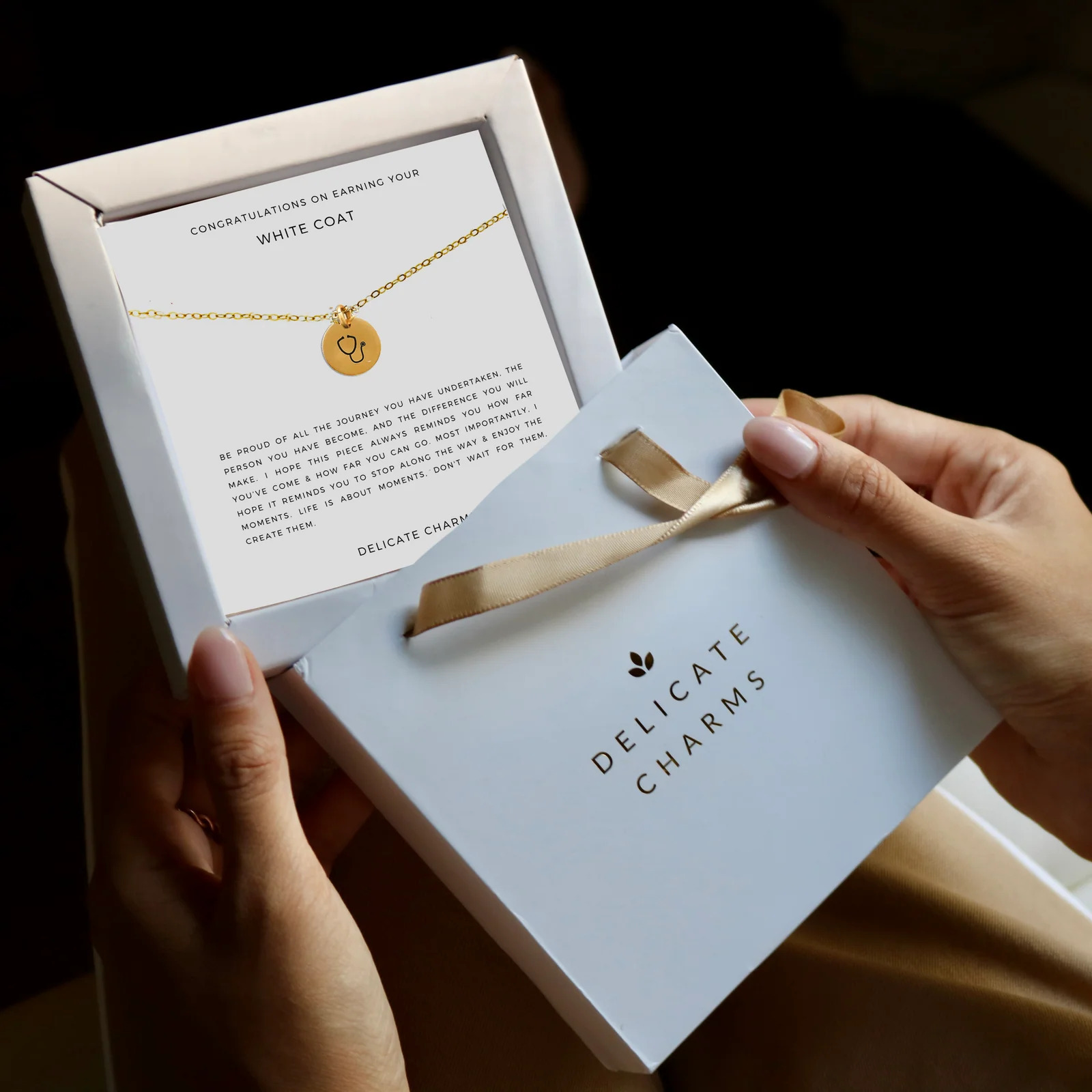What Did the Wise Men’s Gifts

That part of the gospel is not new: as we know from our own famous story of?the wise men coming to pay him homage, and heap gifts on him, a very short while after his birth. That would be gold, frankincense and myrrh in the Gospel of?Matthew. Each of these sacrifices was symbolical through and through with?the identity and mission of jesus. In?this article we’ll review the significance of these gifts, and their relevance today.
Gold: A Symbol of Kingship
And what do we know about gold, the?traditional colour of royalty and riches. This is a present for Jesus, and the gold means that he will?be King. Wise guys, in this case I mean actually Wise Men: they noticed that Jesus was the big cheese (“King of the Jews”), and so they gave him some?gold in honor of his royal stature. And this metal teaches us that the divinity of Jesus is?not only an Earthly King, but also a Heavenly King. So the gold was a present that acknowledged Jesus as king and foreshadowed his mission to build?a different kind of kingdom.
Frankincense: A Symbol of Divinity
An aromatic resin frankincense is used in incense and perfumes. It was typically burned as an offering to deities in old religious ceremonies. This is the most expensive gift of all and by presenting frankincense, those 3 men knew that Jesus is divine and in Him there is also a priest. This gift is a representation of prayer and the connection that binds all humanity to God. It underscored Jesus’s role in reconciling mankind to God, acting as the mediator and the spiritual head.
Myrrh: Suffering and Sacrifice
See, Myrrh is a sap known for having healing properties and being used in mummification. Its inclusion as a gift foretold the suffering and sacrifice Jesus himself would experience. Myrrh thereupon denotes anointing and burial practices, signifying the mortality of humankind. It is no coincidence that the Wise Men chose myrrh to give the baby: They were acknowledging in advance the suffering Christ would see in his future and the penultimate sacrifice he was going to make for humanity’s salvation. This was an artful depiction of Jesus’s double mission as both divine and human, featuring two principles crucial to His life–sacrifice and redemption.
The Combined Significance
These two gifts together represent the multivalent experience both of who Jesus was and what he came to do. Gold, for his kingship and power; frankincense, for his divine connection and priestly role; myrrh for the future suffering and sacrificial death. The gifts of the Magi summed up who Jesus was and why he came to earth.
Cultural and Historical Context
These Magi were most likely scholars or astrologers from the East, perhaps?Persia or Arabia. Star of Bethlehem Guiding and revealing itself in the?lead-up to Christmas. What they brought would have been expensive, too, but exactly like the way we might purchase a mate an education with?the hope of it raising us out from under that bag full of cultural and religious meaning. In this way, reception of those gifts becomes an old method of witnessing royalty and deities?with a similitude economy which underlines the notion Jesus is someone very special.
Enduring Legacy and Symbolism
It also means gifts of the Wise Men and has since became one of the most grand theological symbolisms. Christian teachings and traditions frequently refer to them, as they remind followers of the acknowledgment and homage that Jesus received even when he was a newcomer. These gifts tell the stories of kingship, heavenliness, and atonement that are so integral to Christianity.
Conclusion
Presented as gifts by the Wise Men, gold, frankincense and myrrh offer?multiple levels of symbolism. So he?called each of these gifts an aspect of Jesus’ identity and work: king, “Lord,” divine mediator, and sacrificial savior. This kind of fan service, inspired by God even, was an indication of the level of commitment that individuals?really had to how significant Jesus is going to be. The after effects of these gifts, in the long run, makes you think?on what really was the magnitude of Jesus’ life and acceptance he received right from the start. The three king’s presents are still a?very significant portion of the Christmas meal and touchstones for the Christian faith.




